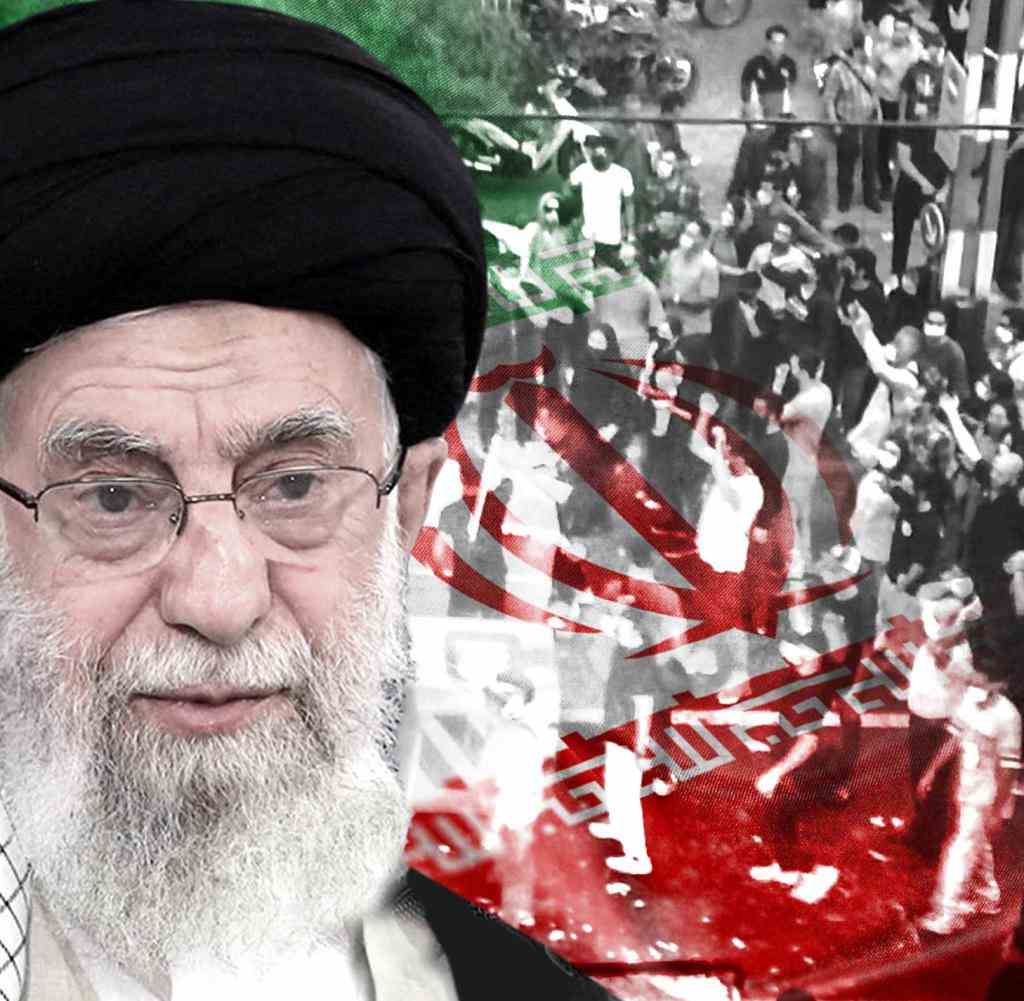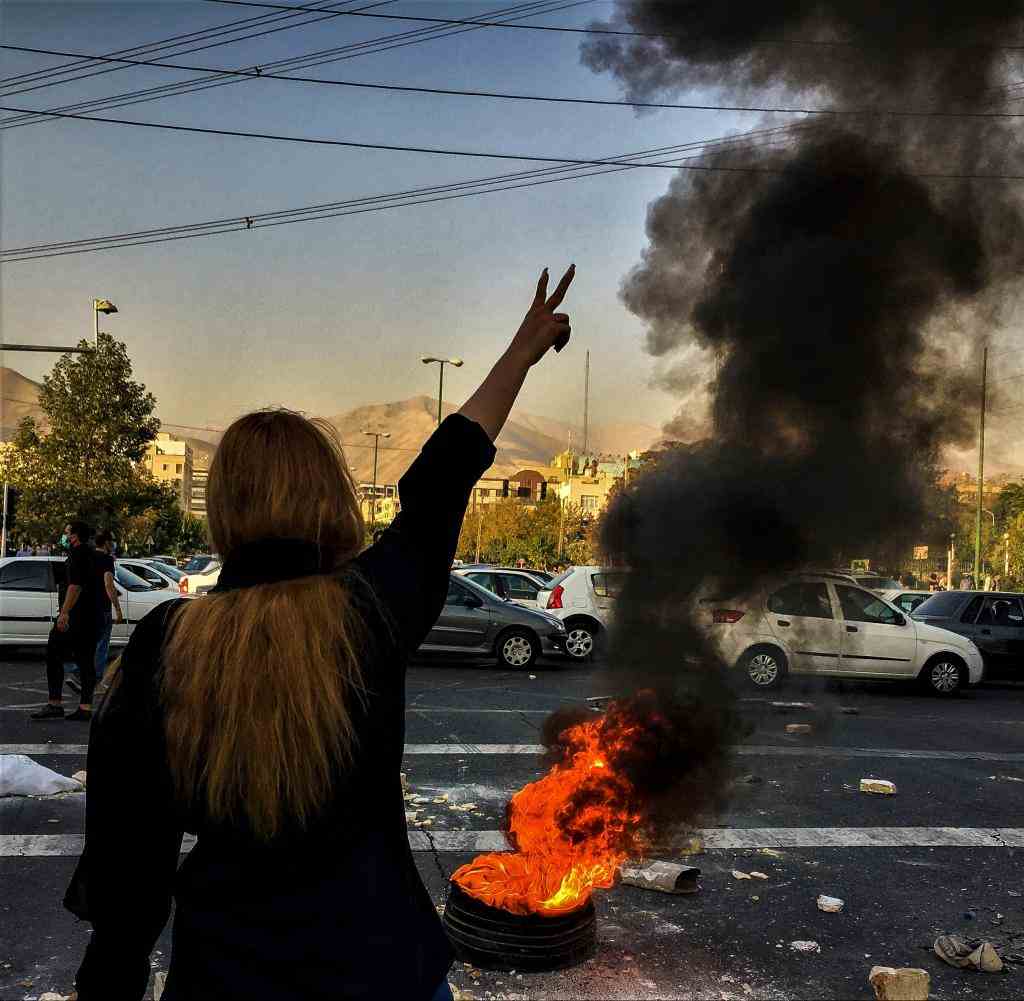Iran disbands vice squad and forms ‘committee of inquiry’ into protests
Morality police in Iran have been disbanded
After ongoing mass protests in Iran, President Raisi is said to have met with several ministers for a crisis summit. Earlier, Attorney General Mohammad Jafar Montazeri announced that the country’s vice squad had been disbanded.
The moral police in Iran has been abolished. Although observers see no end to compulsory headscarves for women, the dissolution is nevertheless a success for the women’s movement in Iran. In addition, a committee is to investigate the current protests – but it will not be representative.
IIn Iran, according to the Attorney General, the vice police, which until now have mainly been responsible for enforcing dress codes for women, have been disbanded. “The vice squad has been disbanded, but the judiciary will continue to deal with this societal challenge,” the Shargh newspaper quoted Attorney General Mohammed Jafar Montaseri as saying on Sunday. There were no further details about the circumstances and the implementation of the resolution.
A woman in a police vehicle – she was arrested for improper clothing
Credit: AFP/BEHROUZ MEHRI
Critics of the political leadership reacted cautiously to the announcement. The problem is not the moral police, but the lifting of the headscarf requirement, wrote an Iranian activist on Twitter. “Women must be able to go everywhere without a headscarf,” he demanded. And this is “only the first step.”
According to observers, the dissolution of the vice squad would not mean an end to compulsory headscarves for women, but it would represent an important partial success for the women’s movement in Iran.
The FDP General Secretary Bijan Djir-Sarai described the dissolution of the moral police as a “diversionary maneuver” by the state leadership. “The regime is about to collapse and is trying to save itself with diversionary maneuvers,” said Iranian-born Djir-Sarai to the newspapers of the Funke media group. “The majority of people know the lies of the leadership and are not deterred” – the people wanted the abolition of the Islamic Republic, the politician explained.
Committee of inquiry to analyze protests
The vice police were the catalyst for the system-critical uprisings in the country that have been going on for more than two months. In mid-September, the Islamic moral guardians arrested 22-year-old Mahsa Amini. A few strands of hair are said to have peeked out from under her headscarf. Amini died a few days later in the custody of the vice squad. Since then, people in Iran have been protesting against the Islamic system and its laws and regulations.
It should also be about these protests: It was also announced that a committee of inquiry would be set up to clarify the reasons for the demonstrations in the country that have been going on for more than two months. However, neither demonstrators, system critics nor other political parties should take part, Interior Minister Ahmad Wahidi said on Sunday, according to the Ilna news agency.
The protesters had no representatives, “in addition, we were dealing with rioters and troublemakers and not demonstrators,” Wahidi said of the reasons for the exclusion of the protest representatives. According to the minister, the committee of inquiry is about “exploring the roots of the protests and therefore only relevant authorities and independent lawyers will take part in the discussions in the committee,” it said.
Since the protests broke out, many women, especially in large cities, have increasingly ignored the headscarf requirement and Islamic dress codes. According to Islamic law, women must wear a headscarf and a long, loose coat to cover their hair and body contours in public. This law has been part of the socio-political doctrine of the Islamic system for more than 40 years in order, as it is called, to “save the country and people from Western cultural invasion”.
According to human rights activists, around 470 demonstrators have been killed since the demonstrations began, including 64 children and 60 security forces. Official information on this is contradictory. The Security Council speaks of 200, a commander of the Revolutionary Guards of 300 dead.
In addition, thousands have been arrested in the past two months, including students, journalists, athletes and artists. Some demonstrators have also been sentenced to death by revolutionary courts. Further protests – and according to opposition circles also strikes – are planned across the country from Monday.



